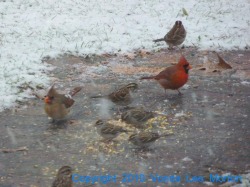
And what does the weather have to do with wildlife rehab? Only everything—the nastier the weather, the harder it is for wildlife to forage for food, the more desperate they get, and the greater the risks they’ll take for food. Take, for instance, these sparrows and cardinals on my walkway, where I scatter food for them year-round: they were quite literally flocking to the walkway in the rain, sleet and snow, because they knew there would be food there. These are the few that didn’t fly away when I started snapping photos, but as soon as the camera disappeared the cold, hungry birds came back in force.
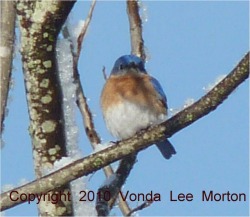
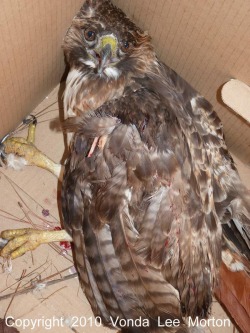
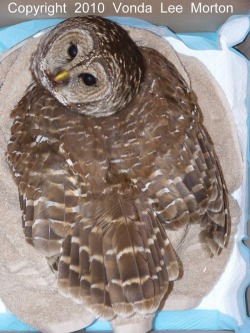
If this trend continues, I may have to change my last name to Kevorkian…
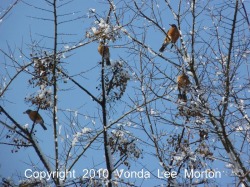
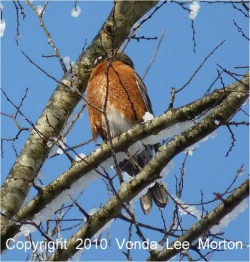
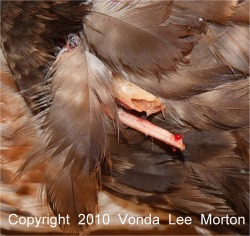
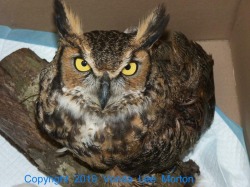
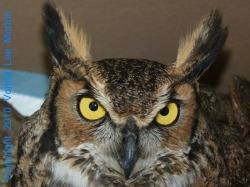
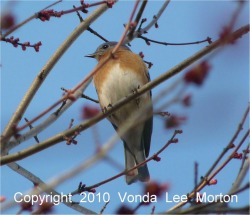
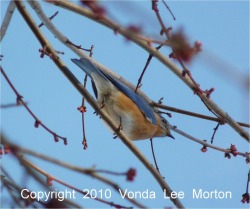

 RSS Feed
RSS Feed
